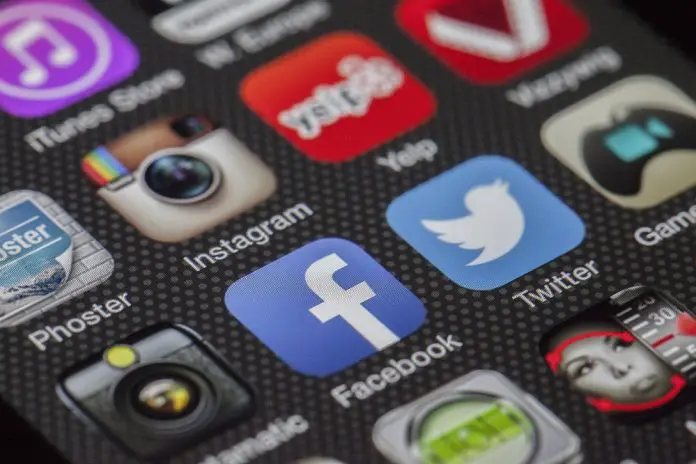The government of Nepal has announced a new set of directives on the use of social media in Nepal with the Social Media Management Guidelines 2080. This directive was approved by the government at a Council of Ministers’ meeting on Kartik 23. The government brought the new guidelines into effect as per the rights granted by the Electronic Transaction Act 2063, Section 79.
The new guidelines hold that it’s illegal to post video or photos of anyone without their consent and consists of rules regarding small and large social media platforms based on the number of users, etc.
The new social media usage directive holds that a social network with over 1 lakh users will need to establish its office or determine a contact person in Nepal within three months.
If any content that contradicts the directive is posted, the “point of contact” will assess and also remove it if necessary.
The government has particularly emphasized the discouragement of spreading fake news, sharing distorted photos and videos using AI, hacking social media accounts, and curbing child abuse and all types of sexual materials. This may stem from the problems social media users suffer in general and particularly what comes on TikTok which were the said reasons behind its ban in Nepal.
Don’t miss: Government bans TikTok in Nepal citing social damage
Things you can’t do: Social Media Management Guidelines 2080 in Nepal
Here are all the key guidelines on social media usage from the Social Media Management Guidelines 2080:
- Creating fake IDs, pages, or groups on any social media that could be used for illegitimate activities and gains,
- Making content and sharing it via fake IDs, pages, and groups or sharing content of others and posting comments,
- Not posting any photo, meme, or video that targets a particular community, religion, class, caste, sex, marital status, family condition, people with physical and mental conditions, and those protected by the government such as marginalized communities might disrupt cohesion and harmony.
- Anything that promotes child labor, child marriage, and human trafficking.
- Creating, posting, and sharing content that comprises profane language, defaming photos, trolls, hate speech with trolls,
- Posting individuals’ photos by distorting them with animation, montage, etc.
- Broadcasting or posting photos and videos that are private in nature (public audio/visual content can be posted).
- Material that poses harm to children, or that might promote sexual violence, prostitution, child sexual abuse,
- Publishing false and misleading information, misinformation, and fraudulent information,
- Anything that constitutes cyberbullying (this means spreading fake information, discouraging and threatening others, etc.)
- Content that encourages drug usage, gambling, breaches someone’s privacy,
- Photos, videos, text, or any material related to terrorism
- Hacking accounts and IDs, phishing, etc. using social media,
- Posting obscene photos and videos,
- Engaging in advertising and transactions of goods that are declared illegal by the government.
The guidelines stress that priority will be given to women, children, and sexual minorities when processing complaints. It’s stated that the government can issue directives to social media platform operators, point of contact, or any related agency for any issue in concern.



